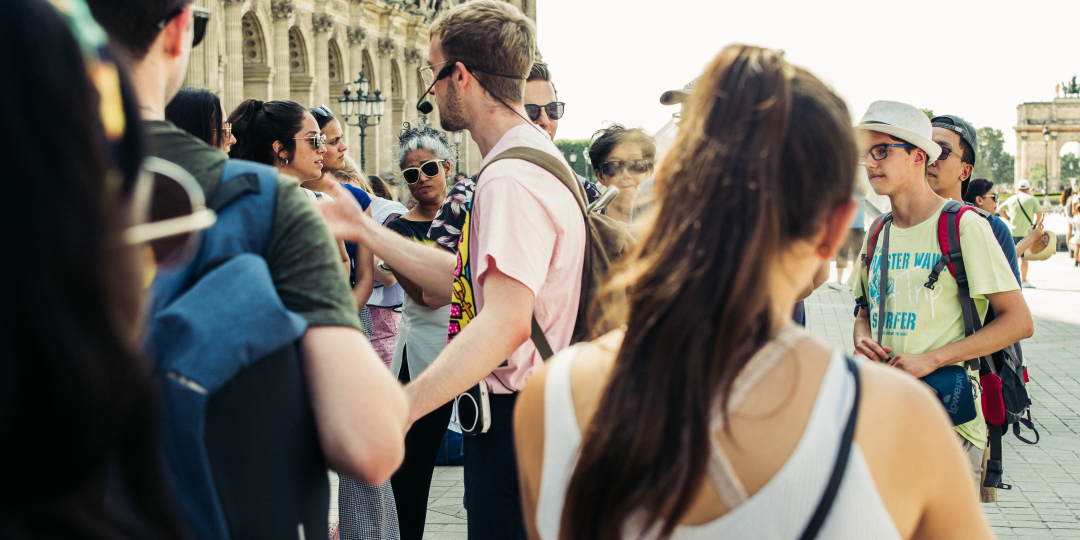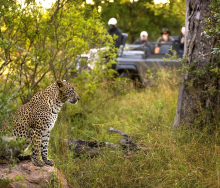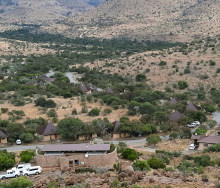The travel and tourism industry has been forced to acknowledge the worsening impact of climate change, with efforts now focused on minimising these effects to create a sustainable industry.
Tour guides, although often overlooked in conversations about the industrywide green transformation that needs to take place, are at the frontline of travel, with the ability to proactively influence travellers on a day-to-day basis.
“The role of the tour guide is to point people in environmentally positive directions,” explains Howard Geach, a Gauteng-based specialised cultural tour guide and lead guide at Malapa Human Origins Tours.
“Often, guests have never been exposed to destination-specific issues, so in that respect, tour guides play an important role in sensitising people to current environmental issues.”
Although this can include promoting and enforcing values such as not littering or leaving a mess behind and conserving water, it also extends to the utilisation of local businesses, in particular, those with environmentally positive operations.
“Tour guides tend to refer clients to operations that they know, or that they have heard of that have a good record of sustainable operations, and sustainability goes much deeper than just a verbal commitment. It is the actual operations of hotels and lodges,” says Geach, who highlights that many already have waste separation water conservation policies in place.
Nurturing a positive impact
Geach emphasises that tour guides are not only able to enforce environmentally conscious practices during their tours; they are also able to foster long-standing attitudes and values among travellers, who may then consider the impact of their actions while they pursue their everyday lives and travelling dreams.
“Tour guides are tasked with giving a general overview about an attitude towards the environment, from which the participants can take those discussions and thoughts home to their everyday environment… The concept of sustainability, of responsibility and conservation are all woven into the narrative.”
Landscapes and cityscapes
Between nature-based and city-based tours, tour guides offer knowledge on specific environmental challenges and can provide opportunities to proactively participate in the solutions that achieve sustainability.
During nature-based tours, tour guides dive into a range of topics. These include specifics on geology, geography, botany, zoology, heritage, and biodiversity of a region. Engaging this way creates a forum for practices that prioritise minimising the human footprint, the importance of conserving biodiversity, protection of natural artefacts, and providing an approach that promotes understanding sustainability and environmental practices in a different way.
In urban-based tours, Geach describes how the discussion changes to understanding the challenges that hinder sustainability. Tour guides are given the responsibility of explaining the challenges faced by different locations. This requires knowledge of local politics, history, art, and architecture.
Geach feels that a proactive means of promoting sustainability and environmental practices comes from explaining the challenges different cities face, including the impact urban populations have on water and waste management and the lack of infrastructure to support it.
















